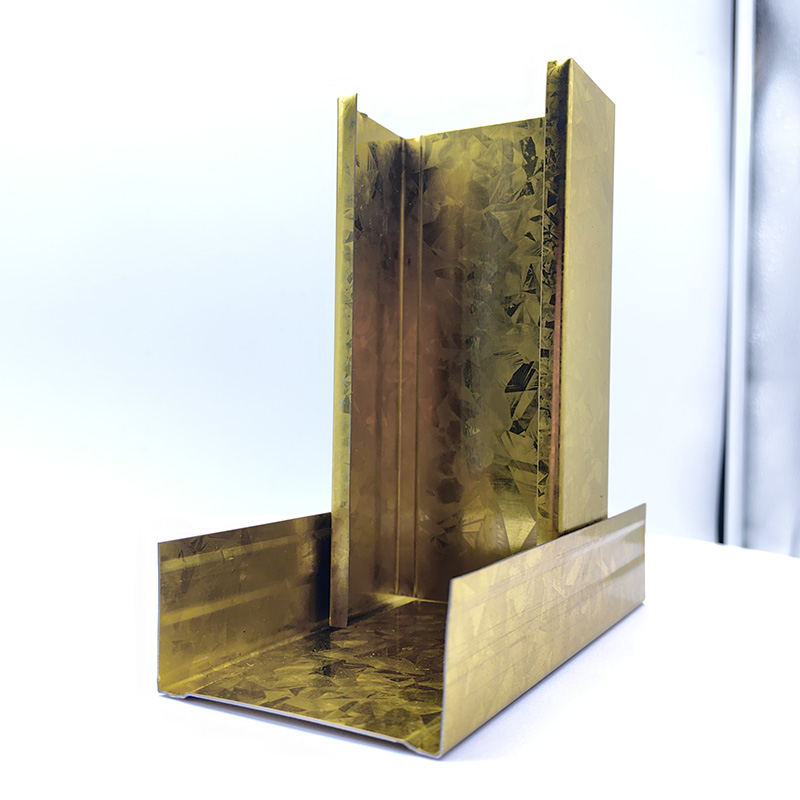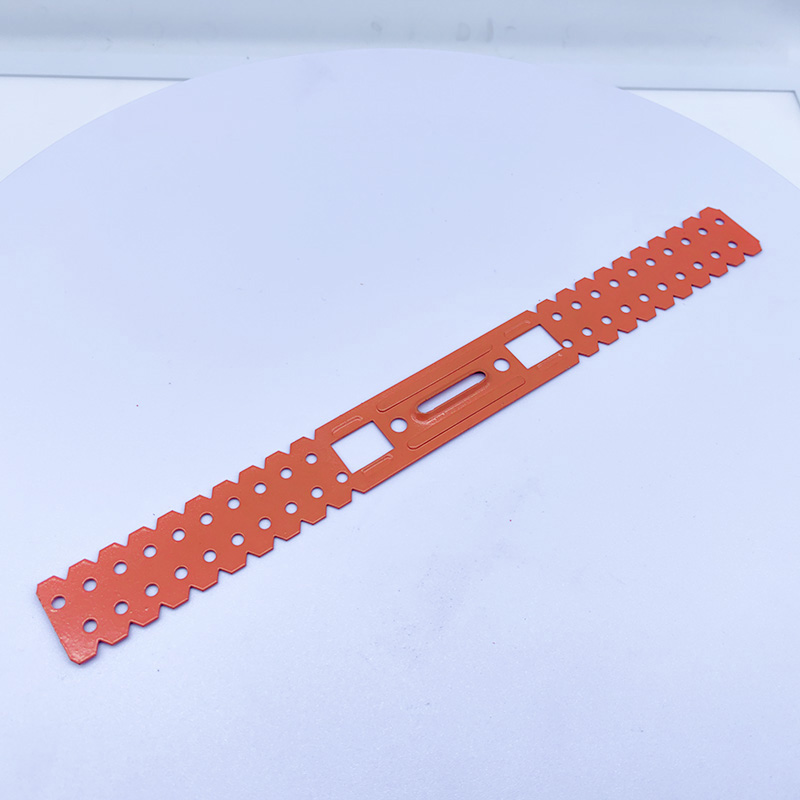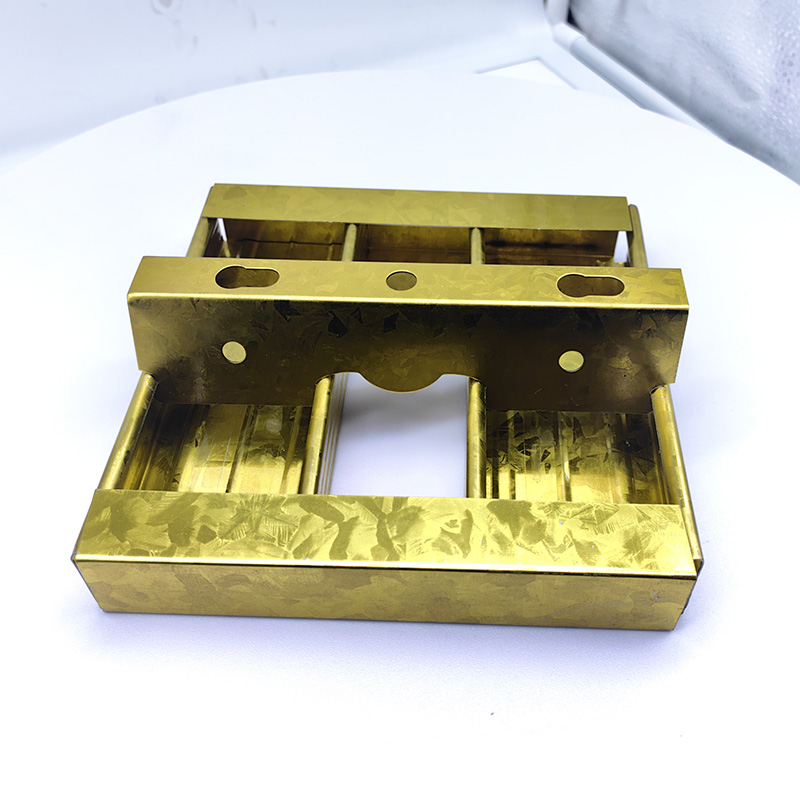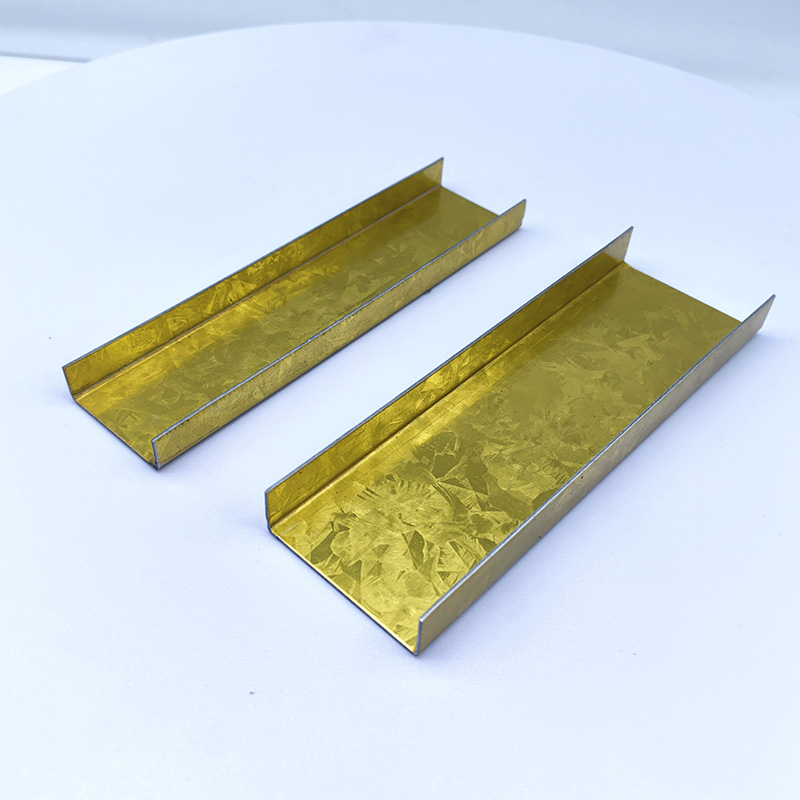Drywall vs. Traditional Wall Construction: Which Is Better?
2024-11-08 16:22:21
When it comes to building walls for commercial or residential spaces, two primary options dominate: drywall partitions and traditional wall construction (such as brick, block, or plaster). Both have their unique advantages and disadvantages, depending on the project's requirements. In this article, we will compare drywall partitions with traditional wall systems to help you decide which is the better option for your space.
1. Installation Time
Drywall Partitions: One of the major benefits of using drywall partitions is the quick installation process. Drywall panels can be cut to size and installed rapidly, making it easier for contractors to complete the project on time. The installation typically takes less time compared to traditional wall construction methods.
Traditional Wall Construction: Traditional walls, such as brick or concrete, require more labor-intensive work. Each layer must be laid, and the curing time for materials like mortar can slow down the overall timeline. This process is slower and typically results in higher labor costs.
Advantage: Drywall partitions win for quicker installation and less downtime.
2. Cost
Drywall Partitions: Drywall partitions are much more cost-effective than traditional wall materials. The material is relatively inexpensive, and labor costs are typically lower due to the ease of installation. Moreover, drywall doesn’t require heavy machinery or specialized skills, which can drive down the overall cost.
Traditional Wall Construction: Traditional walls made of brick or block often require expensive materials, skilled labor, and heavy equipment. In addition, there are costs associated with curing and drying time, which adds to the expense.
Advantage: Drywall partitions are the more budget-friendly option.
3. Durability and Strength
Drywall Partitions: While drywall partitions are relatively sturdy for their intended use, they may not be as durable as traditional brick or concrete walls. Drywall can easily be damaged by impact or moisture, and it may need repairs over time. However, drywall can be reinforced with additional materials like steel studs to improve its strength.
Traditional Wall Construction: Traditional walls, particularly those made of brick, concrete, or plaster, are much stronger and more durable. They are less susceptible to impact damage and provide excellent structural integrity. These walls are also more resistant to moisture and fire, making them ideal for areas that require extra safety precautions.
Advantage: Traditional wall construction is better for durability and strength.
4. Aesthetic Flexibility
Drywall Partitions: Drywall partitions offer a high degree of flexibility when it comes to aesthetics. They can be easily painted, textured, or finished in various ways to match the design of the space. Drywall also allows for custom features such as built-in shelves, lighting fixtures, and wiring conduits.
Traditional Wall Construction: While traditional walls can be aesthetically pleasing, particularly when using materials like brick or stone, they are generally more rigid and harder to customize. Changing the appearance of a traditional wall typically requires more effort and expense.
Advantage: Drywall partitions win for flexibility in design and aesthetics.
5. Insulation and Soundproofing
Drywall Partitions: Drywall partitions can be insulated for both thermal and acoustic performance. Special soundproof drywall options are available, and additional insulation can be inserted between the studs to improve both heat and sound resistance. However, the level of insulation and soundproofing may not be as high as traditional masonry walls.
Traditional Wall Construction: Traditional walls, especially those made of concrete or brick, naturally provide better insulation against both sound and heat. These walls have inherent mass, which makes them superior for soundproofing, and they tend to retain heat better than drywall. However, adding insulation or improving soundproofing can be more expensive.
Advantage: Traditional wall construction generally offers better insulation and soundproofing.
6. Maintenance and Repair
Drywall Partitions: Drywall partitions are easy to maintain and repair. Small holes or dents in drywall can be patched up with joint compound, sanded, and repainted. While drywall can be prone to water damage or cracking, the repairs are relatively simple and inexpensive.
Traditional Wall Construction: Repairing traditional walls, such as brick or concrete, can be more complicated and expensive. Cracks or damage to mortar or plaster may require more extensive work, and maintaining the walls to prevent issues like mold or cracks can take more time and effort.
Advantage: Drywall partitions are easier and cheaper to maintain and repair.
7. Environmental Impact
Drywall Partitions: Drywall partitions are made from gypsum, which is a natural material, and modern drywall products are designed to be recyclable. However, drywall can contribute to landfill waste if not disposed of properly, and the production of drywall may involve energy consumption.
Traditional Wall Construction: Traditional materials like brick, stone, or concrete are more durable and tend to have a longer lifespan. These materials are also more resource-intensive to produce, and while brick and stone can be recycled, it’s less common than with drywall.
Advantage: Traditional wall construction is typically more environmentally friendly due to its longevity, but drywall can be more eco-friendly if disposed of properly.
8. Fire Resistance
Drywall Partitions: Fire-rated drywall partitions can offer a significant level of fire resistance. Fire-rated drywall panels are designed to withstand heat and slow the spread of fire, which makes them a safe choice for many commercial and residential applications.
Traditional Wall Construction: Brick and concrete walls are inherently fire-resistant due to their mass and composition. These materials can better contain a fire and prevent it from spreading quickly.
Advantage: Traditional wall construction is naturally better for fire resistance, but fire-rated drywall is still an excellent option for most applications.
Conclusion
The choice between drywall partitions and traditional wall construction largely depends on your specific needs and project goals. Drywall partitions are generally faster, more affordable, and offer greater flexibility in design, making them ideal for most commercial and residential spaces. However, for those seeking maximum durability, strength, and superior fire resistance or soundproofing, traditional wall construction might be the better choice.
Consider your budget, timeline, and long-term requirements when deciding which option works best for your space.

A Double Anti-Rust Gold Partition Wall Stud is a type of steel stud commonly used in the co...

A CD UD Profile Furring Clip U Clamp is a type of metal fastening component used in the ins...

A 60mm Ceiling Grid refers to a type of suspended ceiling system, commonly used in commerci...

38mm Main Tee and 50mm Main Tee refer to the widths of the main tee profiles used in suspen...

